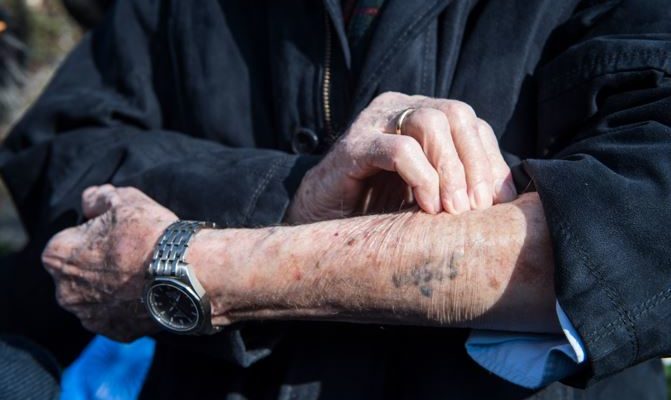It is not too late to learn from them, The Blue Card director says.
By JNS
An online course recently created by The Blue Card, an American nonprofit organization dedicated to assisting Holocaust survivors, in partnership with the Rutgers School of Dental Medicine (RSDM), teaches students at the school as well as faculty and staff how to deliver care to patients who have experienced trauma.
The interactive certificate course specializes in Person-Centered, Trauma-Informed (PCTI) care. Holocaust survivors will help students develop their knowledge of PCTI care and learn how to recognize and treat a traumatized patient, whether it be a Holocaust survivor, refugee or war veteran.
The students will learn about triggers and manifestations of trauma in survivors while also getting an education about Holocaust survivors and their experiences.
“This program is a vital educational tool in furthering PCTI and improving the health and well-being of Holocaust survivors,” said Masha Pearl, Blue Card’s executive director. “Moreover, this program will serve as a national precedent for students that it is not too late to learn from Holocaust survivors’ experiences.” She hopes to see the program expand beyond Rutgers to other schools.
Blue Card worked with director Cedar Wang from the Russell Berrie Institute for Simulation Learning at Holy Name Hospital in Teaneck, New Jersey, to create simulated scenarios for the course, which also provides participants with continuing education credits.
“As a Jew, being able to give back to your people, who are the reason you are who you are today—that’s the most important thing you could possibly do,” said Rafi Anapolle, a predoctoral candidate at RSDM. “I think most of us who do the program—at least the Jewish students—do it because that’s what we need to do.”
Up to 90 percent of adults in the United States experience a traumatic event during their lifetime, according to research provided by the U.S. Department of Veterans Affairs.





